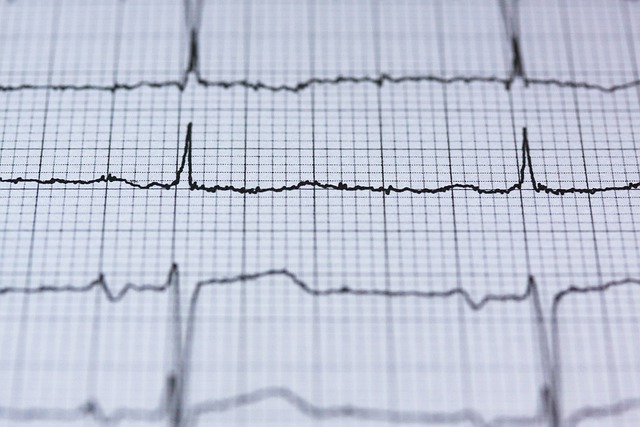
Type 2 Myocardial Infarction Associated With Unrecognized Coronary Artery Disease
Type 2 myocardial infarction often occurs in the setting of unrecognized coronary artery disease and left ventricular dysfunction, emphasizing the challenges in diagnosis and management of non-atherosclerotic myocardial infarctions.
December 2022

Discontinuation of Semaglutide Associated With Weight Gain and Potential Cardiovascular Risks
Discontinuation of semaglutide therapy is linked to weight gain and may reverse cardiovascular benefits, highlighting the need for continued monitoring and individualized treatment approaches in patients with obesity and metabolic conditions.
December 2022

Gender Disparities in Cardiogenic Shock Treatment: Addressing Gaps in Care
Women are less likely to receive life-saving treatment after cardiogenic shock, highlighting gender disparities in the management of acute cardiovascular conditions and underscoring the need for gender-sensitive approaches to improve outcomes in this population.
December 2022
Skeletal Muscle Disorders Implicated in Elevated Troponin Levels
Skeletal muscle diseases contribute to elevated troponin levels, complicating the interpretation of cardiac biomarkers in the diagnosis and management of cardiovascular conditions, highlighting the importance of considering non-cardiac etiologies in troponin elevation.
December 2022

COVID-19 Vaccination and Myocardial Infarction: Insights from Treatment Data
Vaccination data suggests that myocardial infarction is a rare adverse event following COVID-19 vaccination, with a low incidence rate observed among vaccinated patients, highlighting the overall safety profile of COVID-19 vaccines in relation to cardiac outcomes.
December 2022

Chronic Kidney Disease Identified as Risk Factor for Cardiovascular Complications
Chronic kidney disease, characterized by reduced glomerular filtration rate, represents a common and significant risk factor for cardiovascular disease, highlighting the need for integrated management strategies to mitigate cardiovascular risk in affected individuals.
November 2022

Impact of Sleep Light Exposure on Cardiometabolic Function: Insights from Nocturnal Studies
Nocturnal exposure to light during sleep disrupts cardiometabolic function, leading to greater insulin resistance, elevated heart rate, and reduced heart rate variability upon waking, highlighting the importance of optimizing sleep environments to promote metabolic health.
November 2022

Myopericarditis Following COVID-19 Vaccination Rare, Study Finds
Myopericarditis following COVID-19 vaccination is a rare adverse event, according to an international study, providing reassurance regarding the safety profile of COVID-19 vaccines and the importance of ongoing surveillance.
November 2022

Hospitalized Patients With Severe Hypertension May Not Require Immediate Treatment
Hospitalized patients with severe hypertension may not require immediate treatment, particularly with intravenous antihypertensives, highlighting the importance of individualized management approaches based on clinical assessment and risk stratification.
November 2022

Preventing Recurrent Stroke: Importance of Continuous Heart Rhythm Monitoring
Continuous heart rhythm monitoring for one year with an implanted device emerges as a crucial strategy for identifying atrial fibrillation and preventing recurrent stroke in high-risk individuals, highlighting the value of early detection and intervention in stroke prevention.
November 2022















